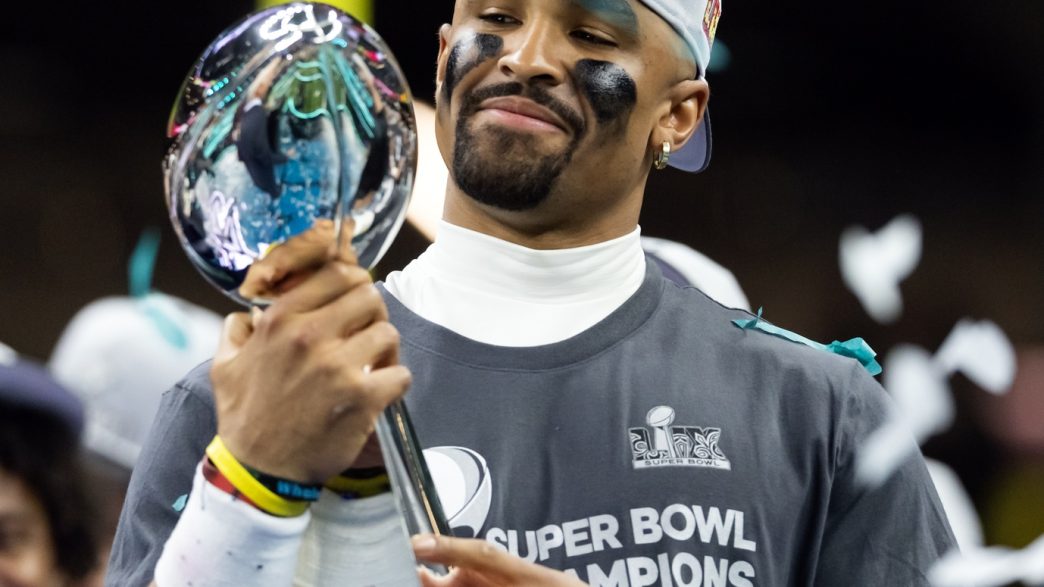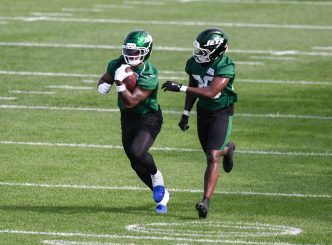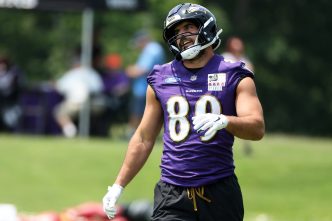Malcolm Jenkins, a Super Bowl champion and former player for the Philadelphia Eagles, recently expressed his admiration for Jalen Hurts’ choice to skip the traditional championship celebration at the White House. Jenkins, who notably declined to attend the White House event following the Eagles’ Super Bowl victory in 2018, sees Hurts’ decision as a significant statement on leadership and personal values.
For Hurts, the absence from the ceremony, attributed to “scheduling conflicts,” speaks volumes, especially after his measured silence on the issue while attending the Time100 Gala last week. Jenkins articulated that if Hurts can navigate the scrutiny that comes with such a choice, he will elevate himself beyond the role of just an NFL player.
In a thoughtful Substack article, Jenkins wrote, “He solidifies himself as a selfless leader, willing to risk comfort to honor his values.” This isn’t just about staying out of the spotlight; it’s about consolidating his integrity and cultural significance in a way that few athletes ever manage. By standing on principle rather than seeking applause, Hurts positions himself as a role model for the next generation, embodying what it means to utilize one’s platform for meaningful dialogue.
Jenkins emphasized that true leadership goes beyond merely managing a team; it involves steering important conversations. With this decision, he suggests that Hurts has entered a critical dialogue at a high level, one that extends beyond football.
He also touched on the contrasting choice made by Saquon Barkley, who opted to spend time with former President Trump prior to the White House celebration. Jenkins conveyed his disappointment with this decision, acknowledging the complexities and expectations surrounding respect and neutrality in times when a position or statement can be crucial.
Jenkins closed with a salient point: “Neutrality is not neutrality in times like these. And even silence becomes a statement.” This encapsulates the tightrope that modern athletes must walk, challenging them to consider their impact both on and off the field. In today’s environment, athletes like Hurts have the opportunity—and responsibility—to lead with purpose.








